Authored by Professor Gideon Christian PhD
Last summer, the Canada Border Services Agency (CBSA) announced plans to use the ReportIn app, a facial recognition tool, to track individuals on Canada’s deportation list by confirming their identity and recording their location. While this may seem like a logical step in enhancing national security and efficient immigration enforcement, it raises significant concerns about civil liberties, racial bias, trade secrets, transparency, and the alarming involvement of private corporations like Amazon in the storage and handling of government data regarding the most vulnerable members of Canadian society.
Civil Liberties at Stake
The CBSA’s proposed use of a facial recognition app to track prospective deportees poses a serious threat to civil liberties. This technology enables mass surveillance, impacting individuals’ Charter rights. The risks are high. What starts with targeting “undesirable” members of society can easily expand to include everyone. If this tool is successfully used on prospective deportees by CBSA, what would stop other government departments, like Employment and Social Development of Canada (ESDC) and Service Canada, from using similar technology to monitor Employment Insurance (EI) recipients, ensuring they aren’t sunbathing in Florida or the Bahamas while collecting EI benefits in Canada? This sets a dangerous precedent, paving the way for a surveillance state where Canadians are monitored and tracked.
Racial Bias and Discrimination
Facial recognition technology has been widely criticized for exacerbating racial bias, with studies showing it is less accurate in identifying people of color, particularly Black women. This technical flaw is a threat to the rights of vulnerable populations. The CBSA’s use of this technology raises a significant risk of racialized communities facing wrongful detentions or deportations, leading to gross miscarriages of justice and blatant violations of Charter rights.
The Problem with Trade Secrets
The CBSA has stated that the algorithm in the ReportIn app will be a trade secret. However, this secrecy creates a lack of accountability and oversight, leaving the accuracy and fairness of the tool in question. If the CBSA relies on this opaque technology, decisions could be based on flawed or biased data, limiting the ability of affected individuals to challenge those decisions. This poses a legal problem, as the Supreme Court of Canada in May v. Ferndale ruled that individuals have the right to access proprietary information when challenging government decisions made using computer software. Treating the algorithm as a trade secret would violate this Supreme Court decision, which is binding on the government.
Transparency and Accountability
In a free society, government agencies must be transparent to the public. However, the CBSA’s proposed use of the ReportIn app raises serious transparency concerns. To illustrate, over the past 18 months, I have tried unsuccessfully to obtain information about CBSA’s deployment of facial recognition technology through the Access to Information Act, leading to a complaint with the Office of the Information Commissioner of Canada. Canadians have a right to know how agencies like CBSA are using surveillance technologies and deserve assurances that these tools won’t be used to violate their rights.
The Role of Private Corporations
Perhaps most concerning is the involvement of private corporations like Amazon in storing and managing data of private individuals collected by the CBSA. Amazon’s facial recognition project has faced significant criticism from a U.S. House of Representatives committee due to concerns over bias and privacy risks. When a government agency outsources critical functions like data storage to a private company, it introduces new risks. Private entities like Amazon are ultimately driven by profit, not public interest. This creates a real danger that such sensitive information could be mishandled, misused, or even sold to third parties without the knowledge or consent of the individuals affected. Furthermore, allowing a private corporation to store and potentially use (in the course of their business) sensitive personal information collected by the government raises serious questions about data sovereignty and the government’s role as custodian of such information.
Conclusion
The CBSA’s plan to use a facial recognition app to track individuals on its deportation list is rife with risks. Calling this tool a “reporting app” is like putting lipstick on a pig. It is a tracking and surveillance tool. While enhancing Canada’s national security is critical, it must not be prioritized at the expense of racial equality, civil liberties, or transparency. These elements are fundamental to a just society and should be protected even as we strengthen national security measures. The CBSA must clearly explain what measures have been taken to address the concerns surrounding this tool and what safeguards are in place to ensure its fair, transparent, and accountable use. Canada must avoid becoming a society where surveillance overrides the rights and freedoms of all its people, including the most vulnerable.
Now is the time to address these concerns before facial recognition technology becomes a permanent fixture in our immigration and border enforcement practices. The consequences of inaction could be severe, affecting not just the prospective deportees, but all Canadians who value their civil liberties.
Gideon Christian is an associate professor and University Research Chair in AI and law at the University of Calgary. His research focuses on racial bias in artificial intelligence technologies. gideonchristian.ai, @Profxtian



